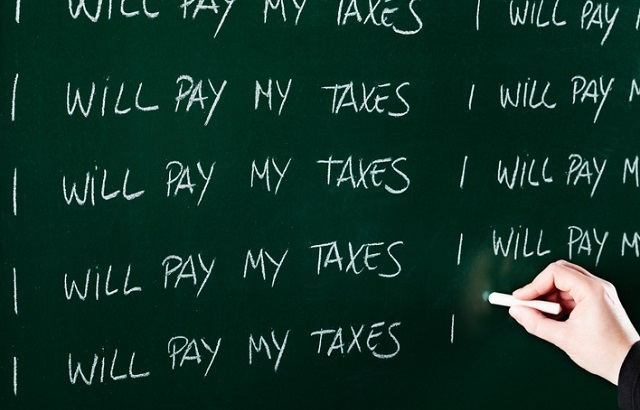The UK has been debating about what chancellor of the exchequer Rishi Sunak should do to pay off the ever-increasing coronavirus debt.
Accountancy and advisory firm BDO surveyed over 1,000 Brits and found 66% believe that given HM Revenue and Customs (HMRC) has limited resources, much-needed revenue should be raised by catching tax evaders at home and abroad.
Just one-in-five (20%) said they want Sunak to focus efforts on further tackling so-called “aggressive tax avoidance”, and only 18% supported a much-mooted ‘wealth tax’.
Dawn Register, partner in tax dispute resolution at BDO, said: “People are looking for the government to show that it will deliver on its promise in March to raise additional funds by further targeting those evading and avoiding tax.
“In March, the target figure was £4.4bn ($5.53bn, €4.9bn) by 2024-2025, but given the severe economic impact of covid-19, this survey shows that respondents would like the government to do even more to collect additional and much-needed funds.
“This survey makes it clear that people want HMRC to stamp-out tax evasion, and further tackle aggressive tax avoidance that may not break the rules but goes against the spirit of them.”
Crackdown
Over the last decade, several Conservative governments have pledged to crackdown on tax evaders and avoiders, but for all the screaming and shouting former chancellor George Osborne did about it, there seems to have been no effect.
So, has the UK government and HMRC’s crackdown done anything to fight the ‘tax gap’?
The estimated total tax gap for 2017-2018 was £35bn, of which £5.3bn (15%) was thought to be from evasion and £1.8bn (5%) from avoidance.
This is down from an estimated £4.9bn due to avoidance in 2005/2006.
Alex Ruffel, tax, trusts and estates partner at Irwin Mitchell, said that these stats show “tax avoidance has been targeted” and the campaign “has been successful”.
“There have been numerous initiatives over the last two decades, including Dotas, the Common Reporting Standard, ‘No place to Hide’, the General Anti-Abuse Rule and the overarching anti-money laundering legislation that have clearly had an effect – tax avoidance is not easy,” Ruffel added.
“Evasion should also be a key target and this relies primarily on enforcement and not additional layers of legislation.”
Decrease in tax avoidance structures
Hartley Foster, head of tax disputes and investigations at law firm Fieldfisher, said: “In our view, the approach of supply side measures that remove the financial benefit of tax structures has been much more effective than the previous approach of using legislation, and the courts, to seek to define what is, and what is not, ‘acceptable’ tax avoidance.
“The use of tax avoidance structures is now much lower than it was, say, 10 years ago. That 80% of people surveyed did not consider that the chancellor needs to focus his efforts on further measures to tackle tax avoidance, no doubt, reflects that.
“And, in any event, the process of tackling tax avoidance by legislation and litigation still continues.”
Leigh Sayliss, partner at Howard Kennedy, said: “HMRC must prioritise dealing with tax evasion – it would be perverse for HMRC to attack those who operate within the law whilst leaving those who break the law unchallenged.
“Significant progress has been made in cracking down on tax avoidance ‘schemes’ with the financial, and reputational, cost of partaking in artificial arrangements being seen as a deterrent.
“The courts rarely allow esoteric technical arguments to protect an aggressive tax avoidance scheme – with a reduced chance of success, taxpayers are finding them less attractive.”








